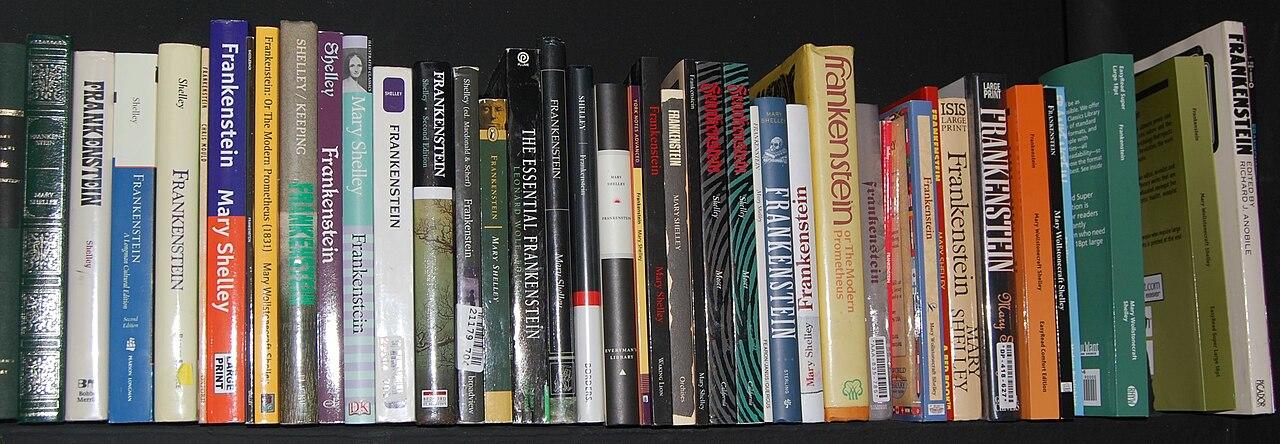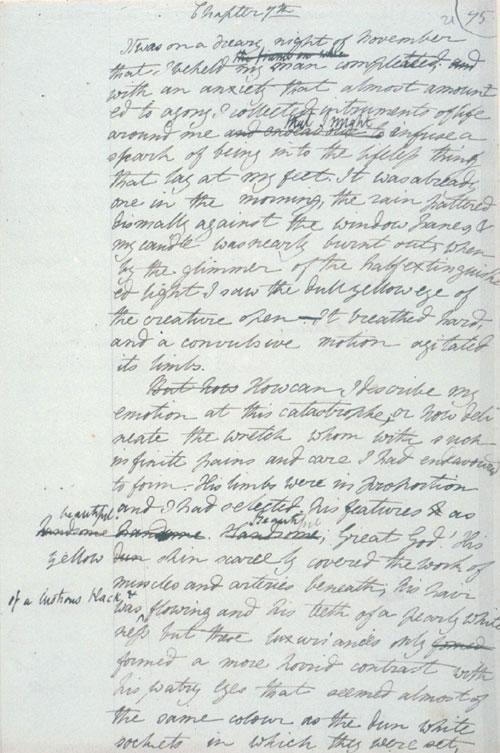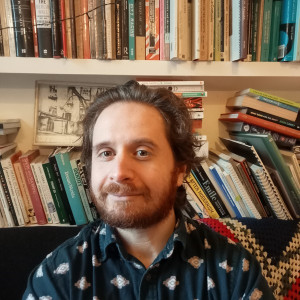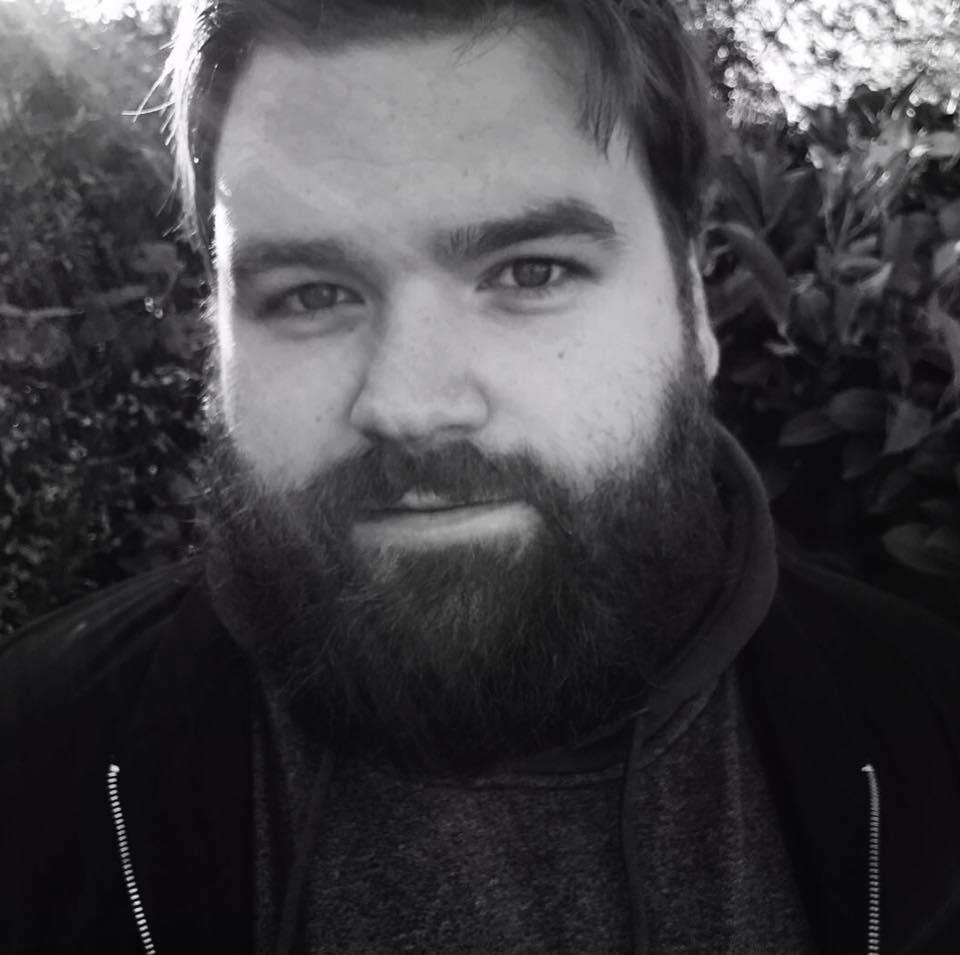Chapters

There are few books that have become such widely-known classics as Mary Shelley's "Frankenstein" – a book that stands as a towering classic of Gothic literature, a timeless exploration of the boundaries of science, the depths of human ambition, and even as a cautionary tale of the consequences of playing god.
Within the plot of Frankenstein, we uncover a tale of creation, abandonment, and the pursuit of knowledge that becomes obsession and ultimately leads to ruin.
The novel dates back to 1818 and was actually written as a challenge. Lord Byron suggested to a young Mary Shelley that a book be written with a ghostly theme, each of the members of a group of friends wrote a story in this theme. Gothic fiction is still a huge genre today, but this era was seen as its true launch to the global scene in many peoples’ eyes.
So, in Frankenstein, we see a creative and fascinating plot that many people have some awareness of, but may not know in full. If you are going to study Frankenstein in your GCSE then a strong knowledge is essential.

Introduction to the Protagonist

The story opens with Captain Walton's letters to his sister, recounting his Arctic voyage in pursuit of scientific discovery. Through his correspondence, we are introduced to Victor Frankenstein, a brilliant but tormented scientist whose fervent ambition leads him down a dark and perilous path.
Victor’s Early Life
We are told about Victor in his early life, when he was brought up with loving parents and two younger brothers. His family also raises an orphaned girl called Elizabeth who Victor grows very fond of. Victor is presented to us in the book as inquisitive and fascinated by science.
Victor’s mother eventually becomes ill and dies, with a dying wish that Victor and Elizabeth will get married in the future. The narrator, Victor, explains:
On her deathbed the fortitude and benignity of this admirable woman did not desert her. She joined the hands of Elizabeth and myself: “My children,” she said, “my firmest hopes of future happiness were placed on the prospect of your union. This expectation will now be the consolation of your father. Elizabeth, my love, you must supply my place to your younger cousins. Alas! I regret that I am taken from you; and, happy and beloved as I have been, is it not hard to quit you all? But these are not thoughts befitting me; I will endeavour to resign myself cheerfully to death, and will indulge a hope of meeting you in another world.”
Victor's Obsession with Creation and Knowledge
Victor's journey begins with his fervent desire to unlock the mysteries of life itself. He attends the University of Ingolstadt in Germany and consumed by an insatiable thirst for knowledge, he delves into the realms of alchemy and science, ultimately succeeding in creating life from the pieces of old corpses he has reattached and used to carve his “monster”.
However, Victor's triumph soon turns to horror as he recoils from the grotesque creature he has brought into existence, abandoning his creation in fear and disgust and leaving it for dead.
"I beheld the wretch—the miserable monster whom I had created."
Victor Frankenstein
Victor becomes severely unwell, but his dearest friend, Henry Clerval, nurses him back to health. Together, they embark on a journey to Italy. However, just as they are preparing to return home, they receive devastating news: Victor's youngest brother, William, has tragically been killed.
Though a servant is accused, Victor glimpses his creature near the scene of the crime, illuminated by flashes of lightning. He realises the truth about William's death but understands that no one will believe his extraordinary tale. Despite Justine's innocence, she is tried and executed, becoming the first victim of Victor's ambition.
The Creature's Quest for Acceptance
Left to fend for itself in a hostile world, the Creature embarks on a journey of self-discovery, yearning for acceptance and companionship. Despite his gentle nature and profound longing for connection, he is met only with rejection and scorn from society. Desperate and alone, the Creature seeks out his creator, demanding that Victor fulfil his duty by providing him with a mate.
"I am alone and miserable; man will not associate with me; but one as deformed and horrible as myself would not deny herself to me. My companion must be of the same species and have the same defects. This being you must create."
The Creature
Though he starts work on a companion for The Creature, he has an attack of guilt and realises the potential of his work. He abandons the creation, but the Creature has followed him. He murders Henry in rage and for revenge. Haunted by guilt and consumed by his own hubris, he has refused the Creature's request, setting into motion a chain of events that will ultimately lead to tragedy.
The Tragic Consequences of Hubris
As the Creature's rage and despair reach a fever pitch, he vows to exact revenge upon his creator, unleashing a reign of terror that will devastate both Victor's life and the lives of those he holds dear.
"You are my creator, but I am your master;—obey!"
The Creature
Driven by a relentless pursuit of vengeance, the Creature confronts Victor on multiple occasions and kills his love and now wife, Elizabeth.
Victor Frankenstein, having lost everything, suffers a breakdown.
The Final Showdown
In a climactic showdown amidst the frozen wastelands of the Arctic, Victor and the Creature confront each other one last time, their fates intertwined.
Walton takes on the narration once more, explaining that Victor succumbs to the ravages of nature, his quest for redemption ending in tragedy.
Meanwhile, the Creature, consumed by remorse and despair, vows to end his own existence, seeking solace in the oblivion of death.
As the narrative draws to a close, we are left to ponder the profound themes and moral dilemmas at the heart of "Frankenstein." Through the tragic tale of Victor Frankenstein and his ill-fated creation, Mary Shelley offers a cautionary tale about the dangers of unchecked ambition and of playing god. People have used the book as an example in arguments about very serious subjects such as eugenics, genetic modification, and more.
In the end, "Frankenstein" serves as a reminder of the fragile balance between creation and destruction, and the enduring power of the human spirit to confront even the darkest aspects of our nature.
Summarise with AI:












